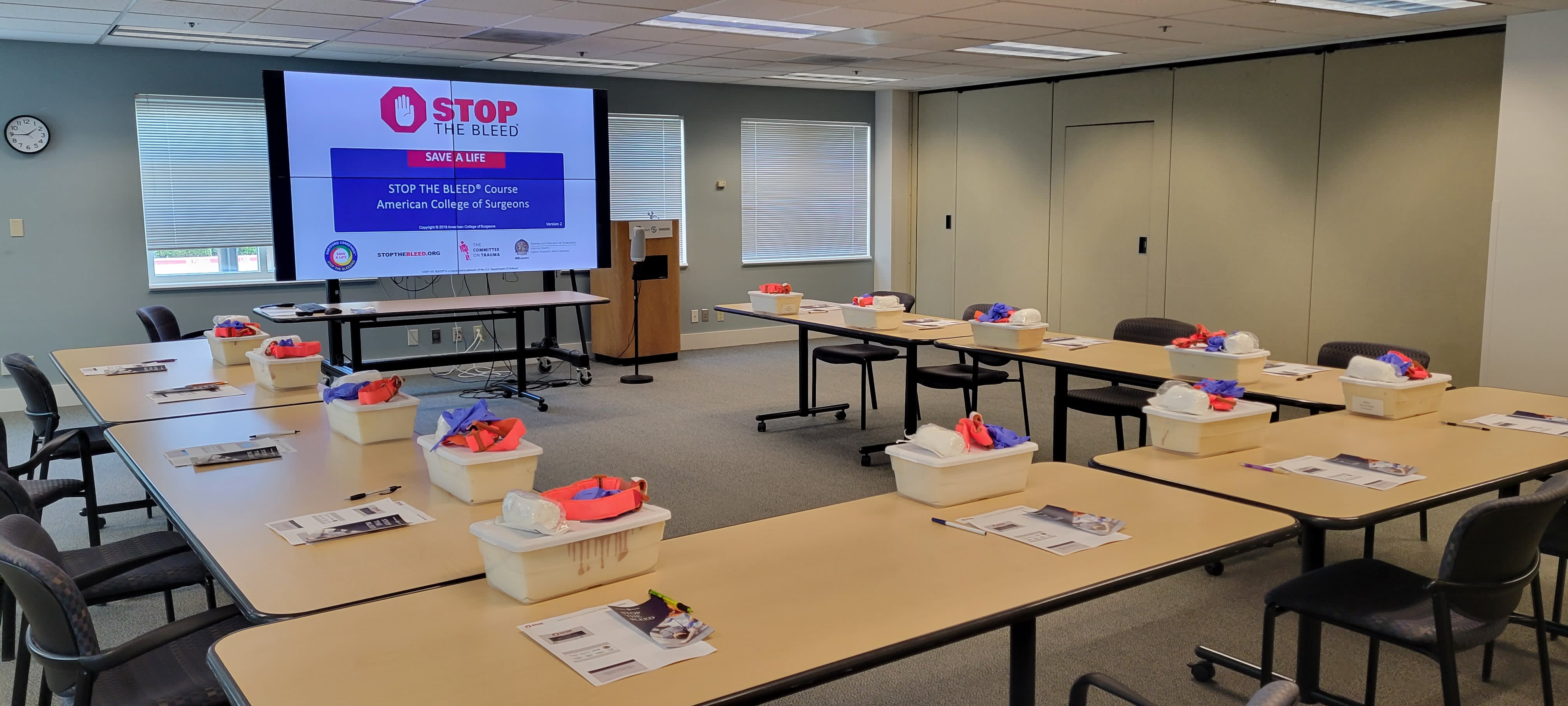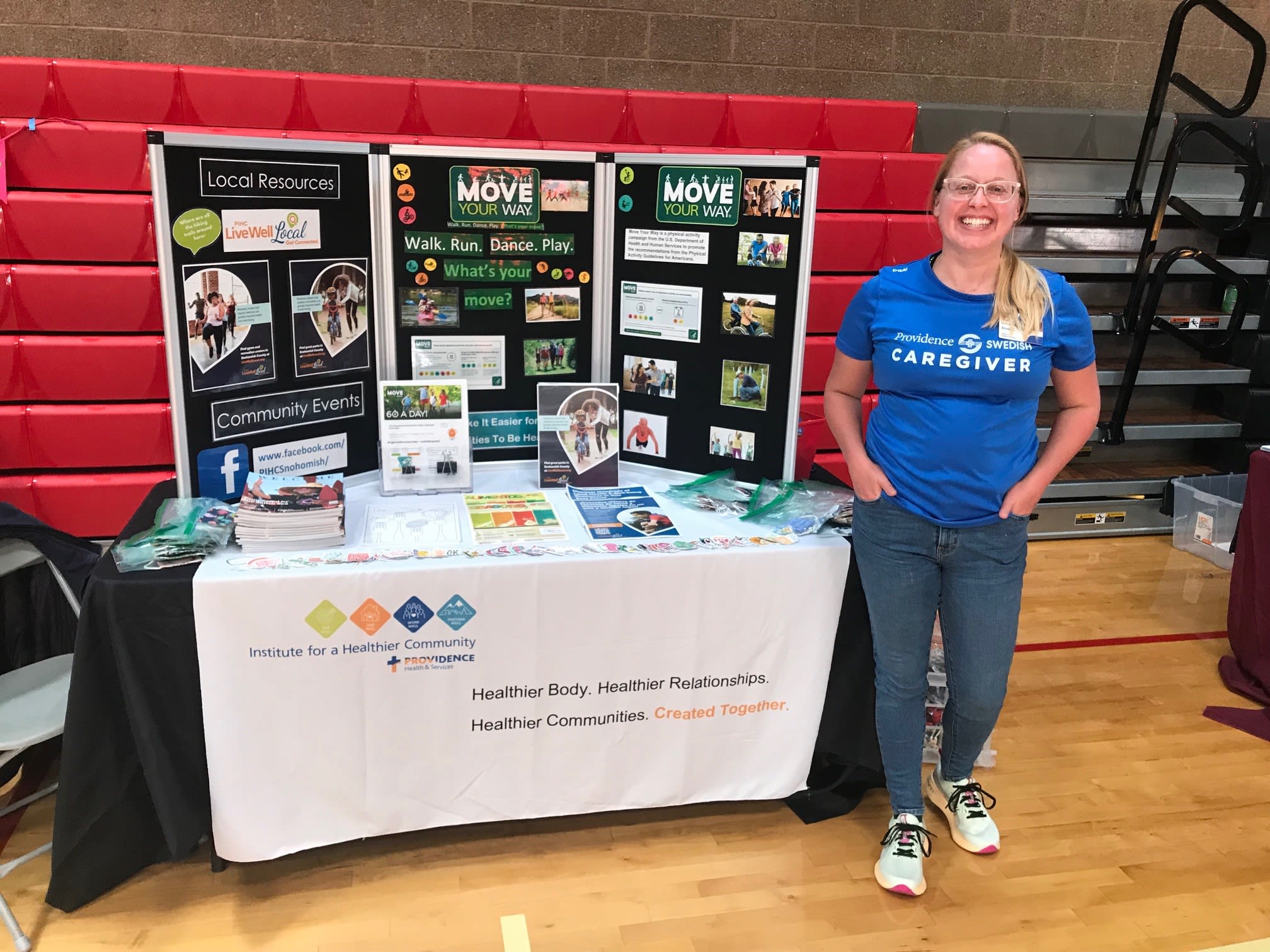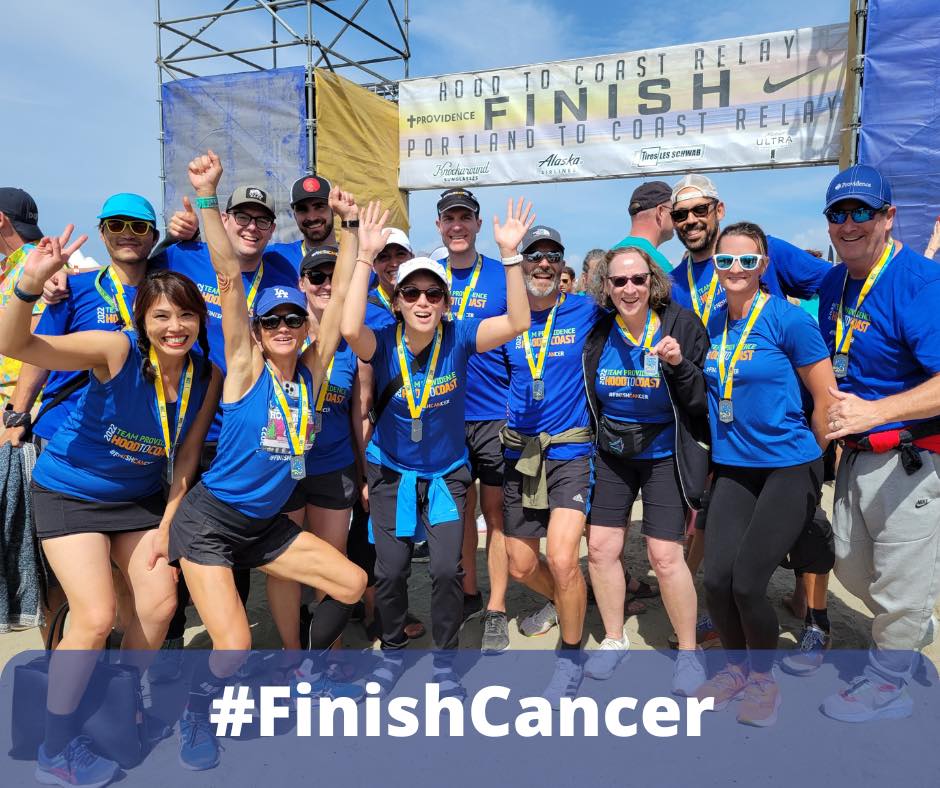Family medicine building bridges
[3 MIN READ]
In this article:
-
At Providence, our providers live out our mission of caring for the whole person – body, mind and spirit.
-
Hear Me Now is a program that gives a space for providers, patients and caregivers to share their stories.
-
Here, we highlight stories from family medicine providers who are working towards their goal of global health equity through a bidirectional residency program.
Global health equity: the goal of ensuring that all people on Earth have access to needed healthcare services so they can achieve their highest level of health. Though lofty, it’s certainly very worthwhile—a goal that participants in a bidirectional family medicine rotation between Swedish Family Medicine in Seattle, Washington, USA, and the Kamuzu University of Health Sciences in Malawi, Africa, very much believe in.
Through promoting the medical specialization of family medicine, program participants believe they can greatly enhance health equity across the world, starting first in Malawi. In the program, family medicine residents spend time practicing medicine in both Seattle and Malawi—both invaluable experiences in their own right that enrich their medical practice and capacity for human compassion.
Sean Collins of the Hear Me Now podcast recently sat down with four key members of the program to dive into how family medicine residents and specialists are working to boost global health equity in their daily work:
- Dr. Amos Mailosi, family medicine resident at the Kamuzu University of Health Sciences
- Dr. Charles Hassan, family medicine resident at the Kamuzu University of Health Sciences
- Dr. Anna McDonald, faculty member at Swedish First Hill Family Medicine
- Carrie Schonwald, program director for Global Programs at the Providence Institute for Human Caring
The specialty of family medicine
In Malawi, family medicine providers provide community-oriented primary care, going into the communities and assessing the circumstances where the diseases are coming from. They go to their patients’ homes and local communities to see other determinants of health that are affecting their overall situation. In doing so, family medicine providers are able to perform more health promotion and health prevention—in addition to treating the current conditions.
The specialty of family medicine is very well-suited to the rural setting, in which medical providers are scarce and people often don’t have the means to travel to see a doctor in an urban center. And in Malawi, 80% of the population lives in rural areas. As Dr. McDonald expresses during the interview, “a family medicine physician in Malawi is really doing it all.” Dr. Mailosi adds, “You are like a generalist, but you are supposed to act as a specialist…you also have to meet people in their communities.”
Unique challenges in Malawi
Family medicine providers working in developing countries like Malawi have limited access to basic diagnostic tools that providers in countries like the United States take for granted. “For you to reach a diagnosis in Malawi, you really have to be very, very good with your physical examination,” explains Dr. Mailosi. “You have to be very thorough when getting history because if you miss these things, you don’t have more options for [diagnostic tests].”
Program impacts in Malawi
Before the program’s inception less than a decade ago, family medicine did not exist as a specialty in Malawi. Today, the team is providing care for upwards of 2,000 patients each week—most of whom would not otherwise have the means to receive medical care. Family medicine providers in Malawi are successfully working to shorten the time between the initial patient exam and delivering effective treatment, despite a dearth of many common diagnostic tools.
Plus, the Malawian government is now recognizing family medicine as a medical specialization. Following a recent cyclone and related flooding, the government called upon program participants to provide disaster management and community health data to aid in recovery. The team sees this as a huge win for the program and for the future of healthcare for the Malawian people.
Emphasis on whole-person care
Dr. Mailosi—along with the rest of the team—places a huge emphasis on providing biopsychosocial care. Rather than viewing the patient only as a collection of symptoms and biological systems, family medicine providers look at all aspects of the person’s life—including psychological and social—when making their medical assessments and recommendations.
“That is actually part of the principles of family medicine,” Dr. Mailosi explains. “You cannot just treat HIV, TB or malaria; you’re supposed to treat the patient as a whole.” Dr. McDonald adds, “It’s always about that one patient sitting in front of you and the reminder that it’s a human being who knows more about their life than we are ever going to know.”
Impacts on family medicine care around the globe
Learning while teaching is a common theme for all participants in the program. “My favorite part of this work is how much each side has to learn from the other,” explains Dr. McDonald. “I definitely learn infinitely more than I teach when I go to Malawi. It’s just such a privilege to examine a problem with a completely different lens; I think it makes both sides a lot richer.” Dr. Mailosi adds, “With this bidirectional relationship, it’s given us opportunity to have a bigger and broader view of global health and appreciating how things are done in different settings.”
Family medicine providers are big on collaboration. Dr. McDonald explains, “It’s part of what makes family medicine so special is this sort of attitude of collaboration and that everybody has something to bring to the table. It just reminds me that every day the practice of medicine is a team sport.”
Participants in the residency program believe that their mission to spread and promote family medicine care around the globe is monumental. “I think this is the direction that the whole world should take if we’re going to achieve universal health coverage,” says Dr. Mailosi. “Because what we need is primary healthcare provision and our focus not on a disease but on the whole patient.”
--
Visit our Annual Report to our Communities page
To learn more about what we’re doing to help our caregivers and other community partners, check out our Annual Report to our Communities.
Download the Providence App
We’re with you, wherever you are. Make Providence’s app your personalized connection to your health. Schedule appointments, conduct virtual visits, message your doctor, view your health records and more. Learn more and download the app.
Related resources
Hear Me Now: The dignity of a name
Hear Me Now: It’s a special joy to see people thrive
Hear Me Now: A doctor without borders
This information is not intended as a substitute for professional medical care. Always follow your health care professional's instructions.



